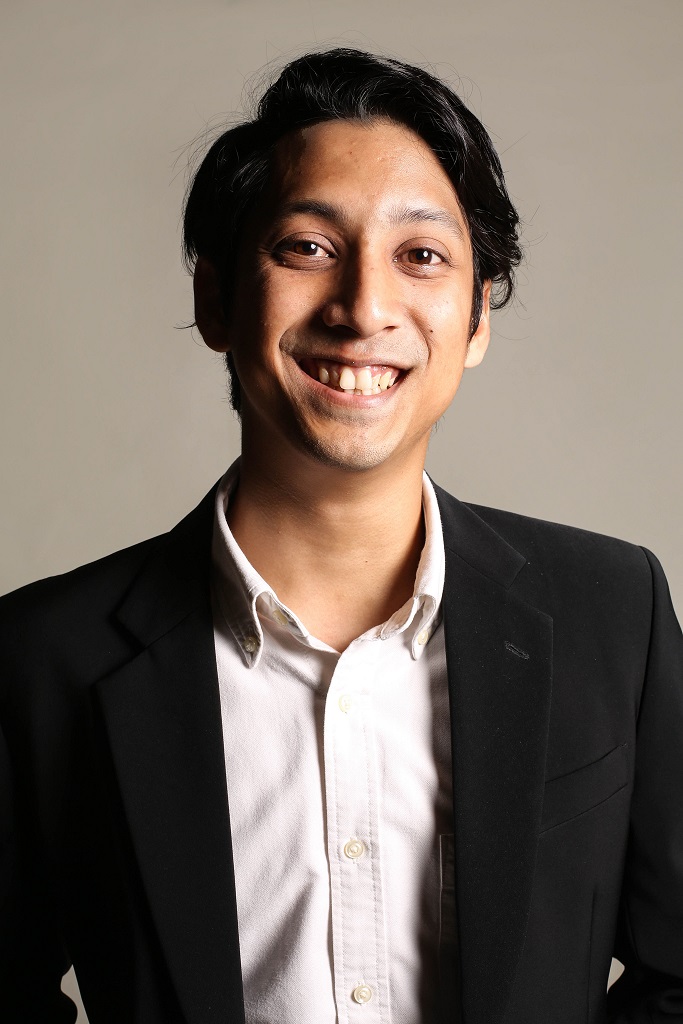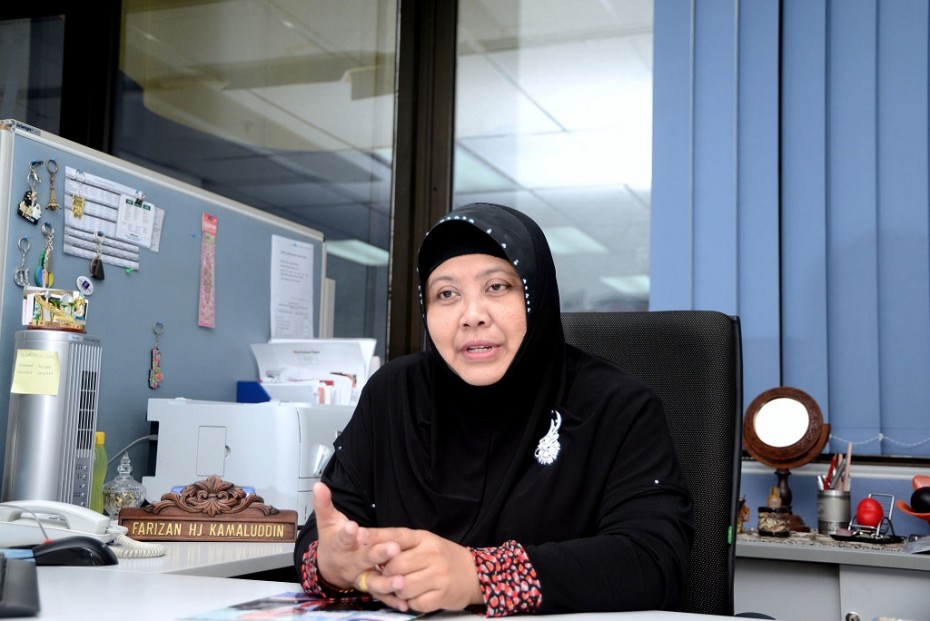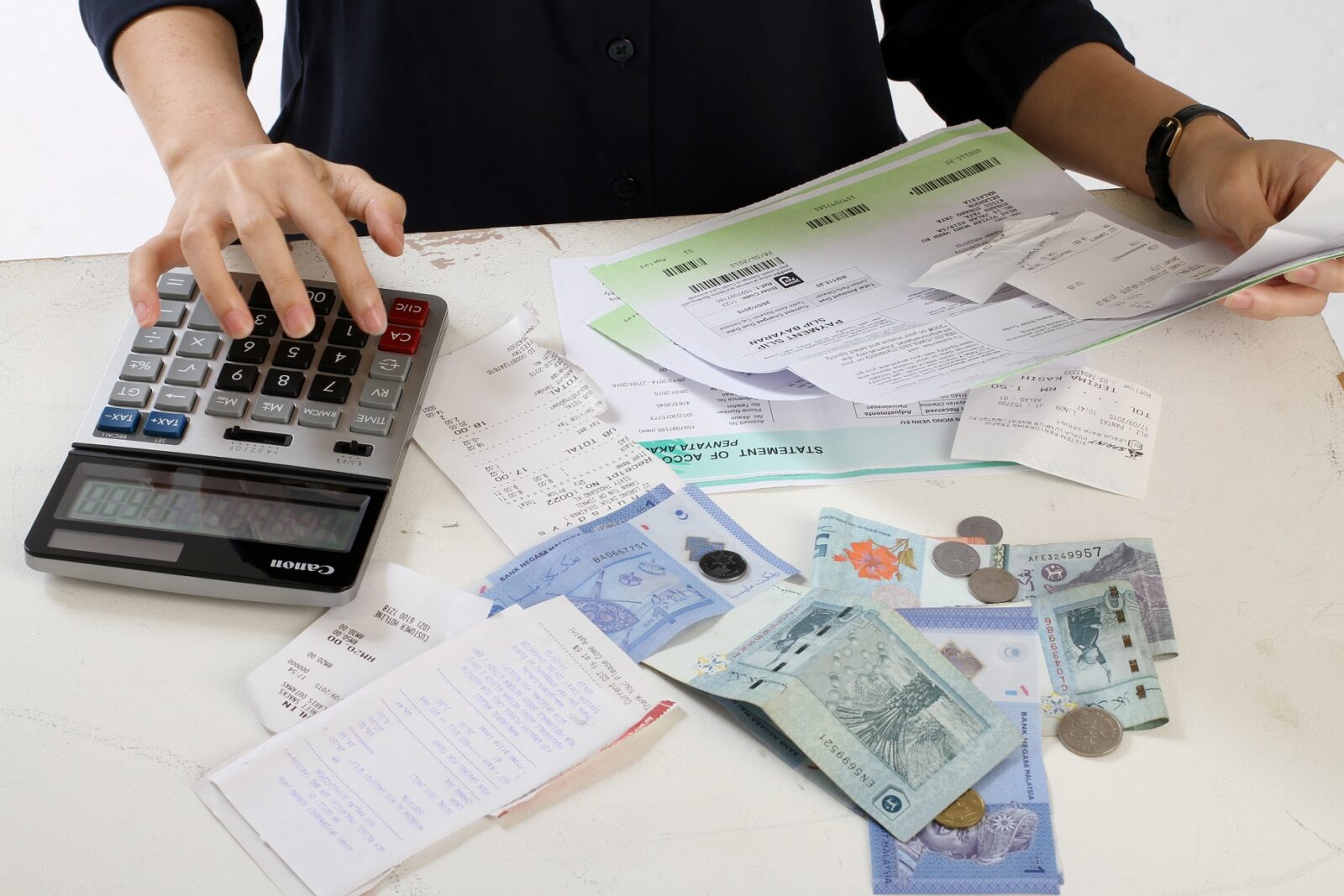FREELANCE careers might give young people the flexibility and freedom they crave, but there’s one downside to it that many people don’t think about – the lack of retirement savings.
According to a study earlier this year, flexible working hours is the third most important factor for young Malaysians looking for a job.
But since labour laws here don’t permit the kind of flexibility they want, many decide to become freelancers, said Malaysian Employers Federation executive director Shamsuddin Bardan.
Unfortunately, we don’t have any mandatory retirement schemes in Malaysia that cover freelancers and self-employed people.
So while many of them might think they are getting an income comparable to that of their peers, the lack of retirement savings might become a huge problem in the future. They could be losing out on over 20% in Employees Provident Fund (EPF) savings every month!
Adrian Yap, 25, who owns his own production house, is glad that Malaysians are now more open to freelance careers, because it allows young people to venture out and pursue their passion.

Yap talks about the importance of planning for retirement. “I think surrounding yourself with people who are knowledgeable about finance and accounting will help,” said Yap. Photo: Adrian Yap
Having said that, Yap believes young freelancers also tend to neglect saving for the future – particularly their retirement – because they just don’t feel the need for it at their age.
“It seems like an extra amount of money is going out of the business without a clear purpose. But as time goes on, they will realise it’s more important to have a long-term plan rather than just having cash right now,” said Yap.
Luckily for Yap, he started out working with a T-shirt designing company, so he knew what a big difference having EPF made, and how important it was to have some form of long-term savings.
Even now that he has his own company, he still contributes to his EPF savings, and he has also invested in properties.
Another young Malaysian who’s self-employed, baker Pang Su Li, 30, went through the same thing. She never thought much about saving for her retirement when she was working for someone else. “All I wanted to do was get my own baking business started,” she said.
“But then I spoke to some family members and young successful entrepreneurs, and it got me thinking about financial planning.”
Today, Pang is looking into long-term investment schemes like private retirement schemes (PRS), which are a good alternative to EPF.
The EPF has an alternative of its own, the 1Malaysia Retirement Scheme, which is for self-employed individuals, housewives and those without a fixed monthly income to save for their retirement.
The good thing about the scheme is that you get to decide how much you want to contribute, as long as it’s within RM50 a month to RM60,000 a year.
Whatever the plan or scheme, Pang said all young people should start weighing up their options. According to the 2015 Youth Perspectives survey, only 56% of Malaysian youth create a monthly budget for themselves.
“Now that we’re young, we tend to think everything is okay and we have enough money to survive. Because of that, we might not be saving enough. We’re constantly living in the moment, travelling and spending on everything,” she said.
“But, what if at some point, something happens and you get sick, and you realise you don’t have a back-up plan – whether it’s insurance, savings or EPF? It’ll be too late by then.”
Freelancers also often find it hard to secure housing loans, as Grim Film YouTuber Jared Lee, 30, discovered.
He has had two home loan applications rejected, along with three credit card applications and another for a car loan.
“After what I’ve been through, I wish I did more research before starting the company. I feel that a lot of us don’t really think too much about EPF but at the end of the day, savings aside, your EPF statement can be a key element when applying for loans,” he said.

YouTuber Jared Lee understands the importance of savings and EPF after he went through a hard time applying for a credit card and loans. He doesn’t want others to suffer and so this year, he’s planning to make EPF contributions for everyone in his company since it’s more financially stable. – Photo: S.S.KANESAN/The Star
When he started his production company four years ago, he didn’t make any EPF contributions. But as the company is more financially stable now, he plans to do so for all of his employees.
“Anyone who freelances or has their own start-up company will go through the same struggle – you don’t know when your pay is coming in. And that was my biggest fear,” he said.
“We really had to plan our finances because clients usually pay us after the job is done. And we always have to make sure we have enough money to roll out the next project, so the thought of putting aside money somewhere we can’t withdraw is scary. But I know it’ll be worth it.”
For musician Ryan Lee Bhaskaran, 27, having a retirement plan or insurance is particularly important.

Session musician Ryan Lee Bhaskaran said he is fortunate to know people who will teach him about the different ways of financial planning like PRS, insurance and unit trust. Photo: Ryan Lee
“I play the drums, and it’s a very physical instrument. When I get older and can’t do that anymore, where is my income going to come from? It’s going to come from my savings and insurance!” said the session musician, who also teaches.
If you think there are a lot of young freelancers in Malaysia now, you ain’t seen nothing yet. According to Shamsuddin, freelancing will become even more popular now that the economy isn’t doing well. Companies who aren’t sure of their long-term sustainability might choose to engage more freelancers rather than full-time employees.
And don’t forget, being a freelancer doesn’t just mean you don’t have a consistent EPF contribution. There are a host of other social security benefits you’ll miss out on without SOCSO coverage.
On top of that, a whopping 75.6% of young Malaysians are uninsured, based on the Youth Perspectives survey.
But whether they’re freelancers or full-time employees, EPF Strategy Management Department senior manager Farizan Kamaluddin strongly advises young Malaysians to start thinking about retirement plans as early as possible, especially with the constantly rising cost of living and healthcare.

Saving for retirement may be one of the biggest financial challenges in life, but senior manager of Employees Provident Fund’s strategic management department Farizan Kamaluddin said it has to be done. Photo: Employees Provident Fund
“EPF savings could be your main source of income when you retire, but members are urged not to depend solely on their EPF savings. They should diversify their retirement income through other forms of investments or assets,” said Farizan.
“Financial education plays a key role in such matters as it will empower our people to take charge of their financial planning. It is important to educate Malaysians, particularly from a young age, to inculcate good saving habits and to equip them with knowledge in retirement planning so they are able to achieve their financial goals.”
Farizan also advised young Malaysians to allocate their savings according to “short-term and long-term needs such as education, retirement, insurance protection for medical and critical illnesses, to purchase a house, and for contingency funds.”
Financial planner Robert Foo agreed on the importance of building up investments early on, and he had one important tip for young Malaysians – don’t use insurance policies as investment plans. “You should never buy insurance for returns or savings. Insurance policies should purely be for protection,” he said.
Foo also encourages young people to chart out a financial plan. They should set out long-term goals for where they want to be when they retire, evaluate their current situation and make a plan based on their situation to achieve their goals.
Fellow financial planner Carol Yip said young people should learn to practise “forced savings”, where you put aside an amount of money at the start of every month.
This is much easier for employees, because EPF does it for you every month. “If you’re on your own, you can only save what you can afford to save,” she said.







Leave a reply